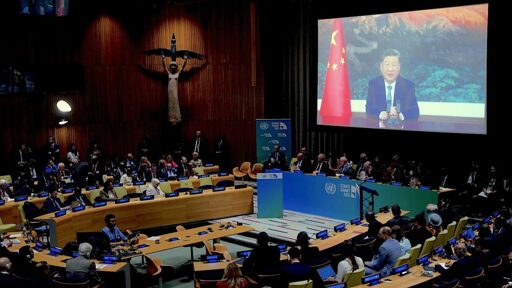COP30 in Belém may well be remembered as the moment that the world accepted the leading role of China in addressing humanity’s most important challenge.
but now the E.U. is beset by internal problems. Its primary industrial economy, Germany, is suffering from Chinese competition, and with the rise of right-wing parties, resistance has emerged to the ambitious climate policies of the European Commission. One symptom of these internal troubles was the E.U.’s embarrassing failure to agree its own mitigation targets before the informal deadline of September 30.
The United States, meanwhile, is trying to force its partner countries to buy more U.S. oil and gas.



@Tiresia@slrpnk.net
I wrote that recently in another thread, and it’s true also here.
Your view is oversimplified to a degree that it is outright false.
However, it is not necessary to engage in such a discussion as it is not relevant here when we look at the data and how it is calculated.
According to the scientists at the Climate Action Tracker (CAT) cited in the linked report, China is behind by any metric, including by what the CAT scientists call a country’s “fair share.” This reflects the “common but differentiated responsibilities and respective capabilities, in the light of different national circumstances”, as stated in the Paris agreement (Article 4.3),
Here you can find China’s CAT rating. As you can see, China’s ‘policy and actions against fair share’ is rated as insufficient, with its overall rating highly insufficient.
As you can also see in the CAT rating, no country is on track, but China is among those countries most behind by any comparative standards.